The Debut of Oksana Podcast with guest Molly Brodak
Oksana Podcast is conversations with authors and artists. The first guest is Molly Brodak, author of Bandit: A Daughter’s Memoir, recently published by Grove Press.
November 1st, 2016 / 11:22 am
What Your Favorite Writers’ Phones Look Like
In 2013-2014 I did a series of intrusive posts on the lives of writers. These include asking what they eat for lunch, what their refrigerators look like, what music they listen to when they work out, and what their diets are like. Now HTMLGIANT is back and I haven’t matured. So I asked writers I admire to send me their phone homescreens. Many declined. Several sent a screenshot only to retract hours later for a variety of reasons (a pornographic background, their therapist said this was a bad idea, and “I’m trying to have a baby” were all reasons). One writer – well respected/award winning – had a flip phone. Regardless, I think this type of thing is light and fun and hopefully you will enjoy peeping these twenty phones as much as I did.
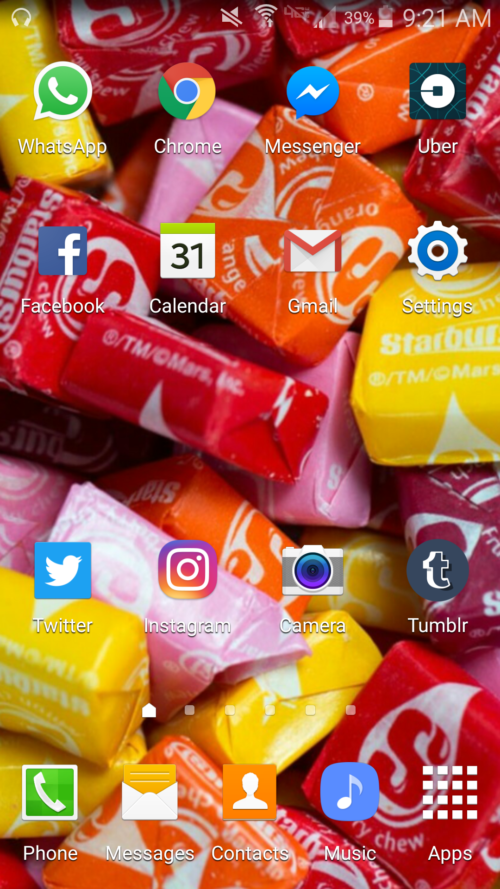 Vi Khi Nao is the author of Fish In Exile.
Vi Khi Nao is the author of Fish In Exile.
October 24th, 2016 / 1:38 pm
Colum McCann: Why Should I Read YOUR Book ????

ok, Colum, so why should we read YOUR book ???
I’m going to answer this question, Rauan, because
1) you come well recommended
2) I am assuming, here, that you are behaving in good faith
&
3) I’m assuming this interview will get better
But, that being said:
You should read my book because it’s masterful and absorbing. Have you read the insightful blurbs on the handsome back? Or how about the glowing reviews and testimonials that precede the brilliant text? Quotes excerpted from places, you know, like the New York Times, Time Magazine and Bookslut.
Also, do you realize I’ve been translated into over 75 languages and that my books are available in airports and minimarts all across the world? Even in America I’m adored by the young, the old and the handicapped. And on top of that my books have been described as “page turners,” “psychologically immaculate,” and “structurally, marvels of audacity rivaling Clare and Spenser.” My books, you might know, have garnered tens of thousands of favourable ratings on Goodreads. (Aren’t you even a little jealous, Rauan? I just checked you out on Goodreads. ha. ha.)
My prose stylings, anyways, to be sure, are the joy of book clubs everywhere and have been heralded “as smooth as butter. . .and just as important.” But I’ve always been a low-key kinda guy and rather than trot out, spin, dazzle and spout all sorts of garbage and vanity I’ll finish you, and my answer, off with this anecdote the meaning of which I think’s crystal clear—
The other day I was lunching in The Village with Kishi Bashi, Junot Diaz and Dan Brown. The food was some kind of casual, fusion Thai, I believe, and the conversation was light and amiable. You might even say “breezy.”
Kishi mused, I think, about repotting what he called a “really aggressive avocado.” Junot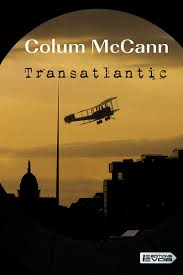 told about some glitzy navel ring he couldn’t keep his eyes off one night at AWP in a sordid bedroom with a married woman, trying to unleash nearly a decade’s worth of seething, organic frustration. O, it was a gorgeous day! Junot was insatiably tweeting merrily away (I think he’s “Ted Hash-Berryman”), while Dan, on the other hand, just stared off into thrilling space– and we drank (and we drank!) so much cheap, slippery wine and the selfies with the buff young waiter were like an astonished adjective, timeless, incandescent, but fringed also with a kind of predatory nimbus head. And I’m not sure exactly how it happened (O, the Braille of our dreamy lives!!) but suddenly we were talking about the “the relevancy and future of Wisdom Literature in the Western World.”
told about some glitzy navel ring he couldn’t keep his eyes off one night at AWP in a sordid bedroom with a married woman, trying to unleash nearly a decade’s worth of seething, organic frustration. O, it was a gorgeous day! Junot was insatiably tweeting merrily away (I think he’s “Ted Hash-Berryman”), while Dan, on the other hand, just stared off into thrilling space– and we drank (and we drank!) so much cheap, slippery wine and the selfies with the buff young waiter were like an astonished adjective, timeless, incandescent, but fringed also with a kind of predatory nimbus head. And I’m not sure exactly how it happened (O, the Braille of our dreamy lives!!) but suddenly we were talking about the “the relevancy and future of Wisdom Literature in the Western World.”
Junot claimed he could describe “Wisdom Literature” in less than five words. And with no hesitation Kishi claimed he could it under four!! The atmosphere was electric, like a a tiny red umbrella. Or a candle. I could hear violins. I even thought I detected a tired old code in Brown’s stone eyes. They all looked at me. A long silence ensued. I dabbed at the corner of my mouth with a temple-and-elephant embroidered serviette, then stood up, made a small bow, and began:
“Gents, when I was a mere wee lad lurching about on the streets of Killarney I was hijacked once by a dusty, old lad who dragged me into an alleyway, grabbed my crotch and whispered:
FUCK YOU, RAUAN! FUCK YOU! FUCK YOU! FUCK YOU!!
I think Kishi paid the bill that day. with a grin like a neon, rotating skull.
(Rauan Klassnik, 9/2014, Kirkland, WA)
September 16th, 2014 / 9:00 am
Garage Sale Reads (1)
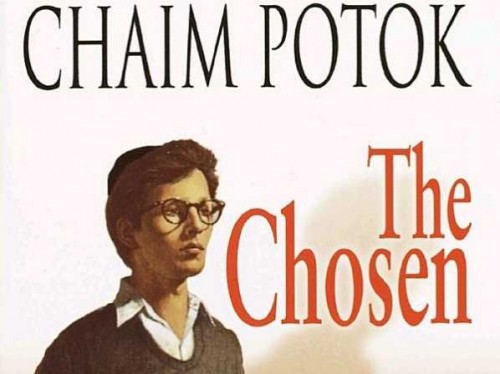
******************
From now on, let’s say, I’m only going to acquire my books at Garage Sales. And then I’m going to write about them. This, then, is the first in a series I’m super psyched about. And I think I’m going to use this opportunity, also, to get serious and personal. Well, kind of,….
******************

worth about $20
Okay, so a few days ago I bought Chaim Potok’s “The Chosen” at a yard sale close to my house. (Lately, on weekends, I’ve been trolling the neighborhoods because my wife collects teapots and it’s romantic to bring her home something nice. Last week I found a teapot it turns out was made in 1906. It’s worth about $20. Sometimes my wife, Edith, and I go hunting together and that, maybe, is the best).
When I asked the old man standing behind the table with just six books spread over it how much he wanted for “The Chosen” he took a few moments and then replied, “I dunno, how about two bucks?” I quickly countered with a shrug. And then: “how about a dollar?” And the book was mine! (note: this is how “the game” works at Garage Sales. Plus, I’m Jewish. Well, I was born into a Jewish family. I still identify, culturally. Blah. Blah. It’s complicated.) READ MORE >
August 29th, 2014 / 2:00 pm
5 Points: “Strange Tarot” by Jamalieh Haley
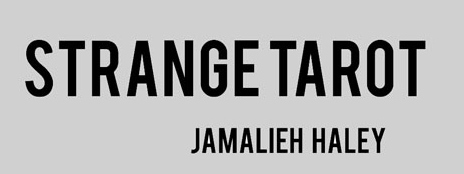
1) Reading and experiencing “Strange Tarot” is like spying on a tenuous and tense relationship in which one part of a self guides and chides the other. At some points, even, it feels like it incarnates you. (Most Tarot Poetry’s an exhausting exercise in ekphrasis. Yawn. That, or the Tarot Poems range so far afield that there’s nothing Tarot about them. Jamalieh Haley’s “Strange Tarot” is still very much Tarot—superficially, in titles, imagery and in the way the poems on the page are shaped like Tarot cards—but indeed a strange, strange Tarot, benefiting and enhanced greatly from psychedelic imagery that only issues from a highly pressurized and agitated mental state.)
“Arrive inside your silhouette. Open the china. Do anything there.”
2) The critical element of Tarot is the relationship between the fortune teller and the supplicant. And, for me, in Strange Tarot the self is telling itself its own fortune. The self betrothed to itself. And this “conversation” (or fortune telling) within the self, which we are privileged to enjoy and shudder at, is rife with flaring tensions and instability, extrusions of cruelty and violence verging constantly towards, like suicide, a kind of desperate, ritualized and salvational make-up sex. Yes, the fire of consummation is what will save and consume.
And let me say again how lucky we are to be overhearing and looking in on this lover’s quarrel of the soul (and itself).
“throw down salvation to the beast you demand.”
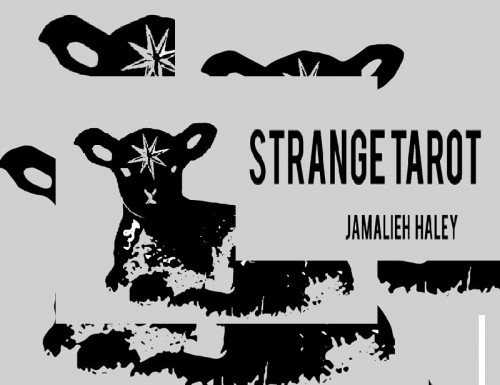
“. . .cut up your head into a paper mask and transform everything into the sun.”
3) The voice of these poems is high-strung, edgy, often cruel and sadistic, but READ MORE >
August 19th, 2014 / 10:00 am
Alexandra Naughton’s SUMMER READS
 As part of Summer Reads, Alexandra Naughton shares what she’s looking forward to reading this summer.
As part of Summer Reads, Alexandra Naughton shares what she’s looking forward to reading this summer.
***
Summer to me feels like chapbooks and graphic novels, which are good to read on the train and on a stoop while drinking iced tea.
1) Dystopian’s Codependent Syndrome by Paul Murufas
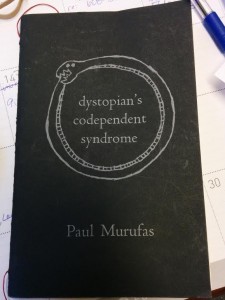
Drugs, tarot readings, loneliness, and wayward traveling comprise some of the themes of this poetry chapbook from Mess Editions. This book feels like Oakland and summer and it’s killing me again.
2) Sadmess by Ana Carrete
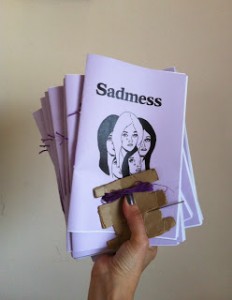
I really like Carrete’s online writing and I am excited to leaf through Sadmess, handmade by Carrete herself. Sadmess is such a perfect title for a book of poems and I wish I had thought it up first.
3) Never Ending Summer by Allison Cole
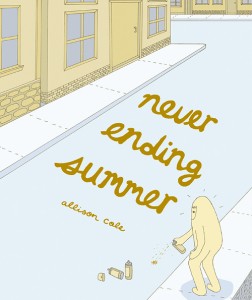
A graphic novel from Alternative Comics that Amy Berkowitz loaned me when I was feeling heartbroken and it helped me to get over it. Rereading this book feels like stale sunbaked emptiness and wanting to take a midnight bike ride.
4) Terror Matrix by Zoe Tuck
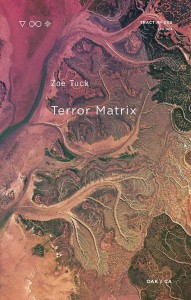
This is a beautiful little book from Timeless Infinite Light full of stabbing lines like “the bagel and sweaty glass carafe are here for me in ways they’re not for you” and “lake for bloody grace i said fill me a scrip for this to raise the dead.”
5) 18 Levels of Hell by Teppei Ando
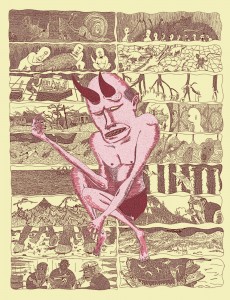
Go to hell with the second illustrated book on this list based on Chinese mythology, published by Murder Dollhouse. Fantastically morbid drawings depicting the kind of suffering we can only hope to endure specifically designed for the sins we’ve committed.
June 9th, 2014 / 10:00 am
Let’s Overanalyze to Death… A little girl from Kyrgyzstan
About a year ago, a YouTube user called stos2408 posted a video entitled маленькая девочка дирижирует хором, Little Girl Conducting the Choir. As you might expect, it shows a little girl conducting a choir.
The video is just 64 seconds long and yet it is mesmerizing, inimitable, absolutely beautiful. It is hilarious and dumb and true in a way that art isn’t readily able to duplicate. A stolen moment from a choir practice in Kyrgyzstan – or so we learned later, when an enterprising journalist tracked down stos2408 and found out where this kid lived, where these singers sang, where stos2408 was sitting when he imported the video from his camera to his computer, appending a Cyrillic title, uploading it to the world.
June 7th, 2014 / 10:00 am
Molly Gaudry’s SUMMER READS
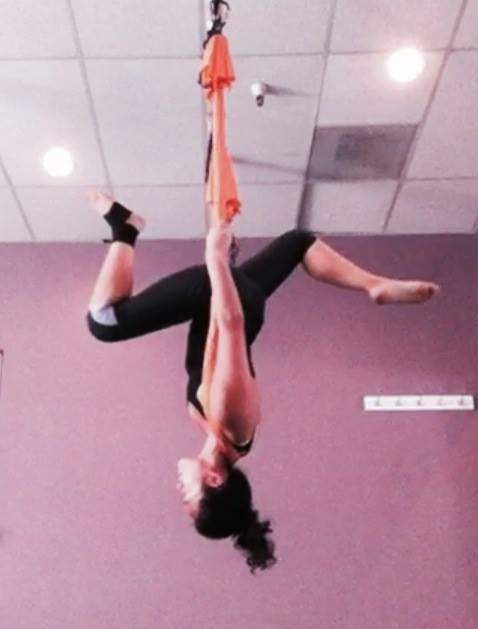
As part of Summer Reads, Molly Gaudry shares what she’s planning on reading this summer.
***
My first year as a PhD candidate at the University of Utah is behind me. Classes ended in April, and for the entire month of May I’ve mostly been hanging upside down at Imagination Place (our local AntiGravity Fitness studio here in SLC). As an instructor-in-training, working toward certification, I haven’t had or made time to read since the end of the term, and it’s been a relief to work the body for days and weeks on end instead of the mind (even if I don’t necessarily believe in such a distinction, preferring instead to think of the body as the mind in motion). But this morning, for the first time in over a month, I cracked open a book. Marguerite Duras might have said this particular book was screaming at me from its place on the shelf. Who knows why a book screams when it screams.
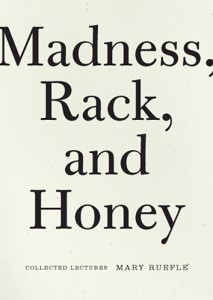
The book was Mary Ruefle’s Madness, Rack, and Honey (Wave). First I reread one dog-eared passage about Sappho, the moon, and lyric poetry. Ruefle supposes that “stars were the first text, the first instance of gabbiness; connecting the stars, making a pattern out of them, was the first story, sacred to storytellers. But the moon was the first poem, in the lyric sense, an entity complete in itself, recognizable at a glance.” I love that she thinks this, that she wrote this. I look at the moon sometimes and am filled with wonder: Who else is looking at this moon, tonight, right now, like me? Did you know that May’s full moon was a “flower moon” and that June’s will be a “strawberry moon”? Do you remember Calvino’s story about the moon: “I could distinguish the shape of her bosom, her arms, her thighs, just as I remember them now, just as now, when the Moon has become that flat, remote circle, I still look for her as soon as the first sliver appears in the sky, and the more it waxes, the more clearly I imagine I can see her, her or something of her, but only her, in a hundred, a thousand different vistas, she who makes the Moon the Moon and, whenever she is full, sets the dogs to howling all night long, and me with them.” In a “Music and Mantra” workshop I took a few weeks ago with mostly yogis, I decided I liked one yogi in particular and made a mental note—what the hell—to take her next “full moon yoga class” outside, in a park, under the night sky. I’m into the moon, I guess. And I was attracted to this woman’s gentleness, how kind she seemed, and how, surprisingly, she wasn’t all that “woo-woo” for a yogini who teaches a full-moon yoga class in a park every month. I wonder, What is your story about the moon?
In Ruefle’s title essay, a fair bit of time is spent puzzling out a three-line poem attributed to Hafiz:
I shall not finish my poem.
What I have written is so sweet
The flies are beginning to torment me.
“It is so simple and clear,” Ruefle writes, “the ‘figurative’ sweetness of the author’s verse has become honey, causing ‘literal’ flies to swarm on the page or in or around the author’s head. This is truly the Word made flesh, the fictive made real, water into wine. That is the honey of poetry: the miracle of its transformation, which is that of creation: once there was a blank page—scary!—now there is something in its place that is attracting flies. Anyone who has not experienced the joy, pleasure, transport, and sweetness of writing poems has not written poems. If it has never once been fun for you, you probably haven’t experienced what we talk about when we talk about poetry.”
June 6th, 2014 / 10:00 am
POEM-A-DAY from THE ACADEMY OF AMERICAN LUNATICS (#19- featuring Nathan Curtis Warner)..
With “Leo’s Playtime Invocation” I set out to capture the mounting tension I see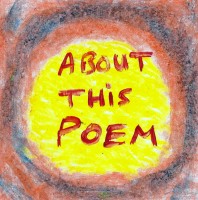 in Leo every time I squeak his ball. His movement and barks grow more urgent with every squeak and every playtime seems to set us into a trance of tease, throw, capture, and retrieve. Moondog’s composition entitled “Invocation” lends itself to creating a compound mimicry of a rising ‘Shepard’s Tone‘ with video clips whose motion and content form a sort of visual poetic line or set of refrains. My voice and poem adds my own temporary psychosis. As I talk to Leo, I notice he pays me no heed. I’m but a needle and plunger to his heroin.
in Leo every time I squeak his ball. His movement and barks grow more urgent with every squeak and every playtime seems to set us into a trance of tease, throw, capture, and retrieve. Moondog’s composition entitled “Invocation” lends itself to creating a compound mimicry of a rising ‘Shepard’s Tone‘ with video clips whose motion and content form a sort of visual poetic line or set of refrains. My voice and poem adds my own temporary psychosis. As I talk to Leo, I notice he pays me no heed. I’m but a needle and plunger to his heroin.
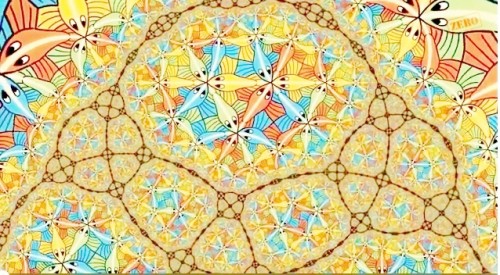
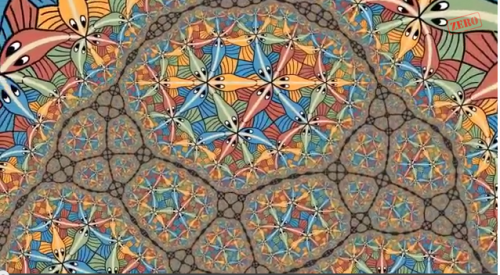

Nathan Curtis Warner is an unpublished writer curating the performance series LYE:SITUATIONS and the reading series LYE:WORDS in Portland, OR.
June 5th, 2014 / 12:00 pm
Brent Armendinger’s SUMMER READS

As part of Summer Reads, Brent Armendinger shares what he’s looking forward to reading this summer.
***
American Canyon by Amarnath Ravva
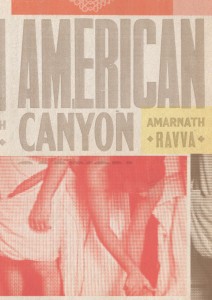
Panorama as a sentence. Amarnath Ravva is a prose writer, a video artist, a photographer, and a performer. His experimental memoir, composed of text and documentary footage from California to South India, is a time-lapse photograph of ritual, longing and belonging.
Hemming the Water by Yona Harvey
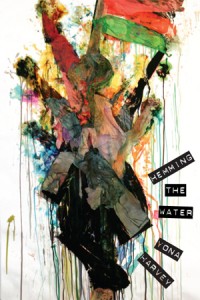
I was entranced when I first heard these poems – Yona Harvey was not so much reading them, as she was singing them, or they were singing [through] her. Music of parable, mourning, protest, the body, and survival – daily life splits across the page and throat by all that is right and still very wrong in this world.
Gephyromania by TC Tolbert
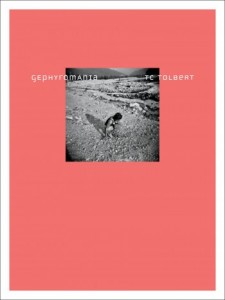
In Territories of Folding, TC Tolbert, a genderqueer, feminist poet, describes “grafting an exegesis of skin,” proposing that the body is a text, a language that can only be understood through a continual process of layering. I love the tender, radical ways that Tolbert repositions parts of speech and inhabits the visual field of the page. I’m so excited to read this full collection, which Tolbert describes as being “written between who I loved and who was leaving, between who I was and who I would become.”
I’m OK, I’m Pig! by Kim Hyesoon, transl. Don Mee Choi
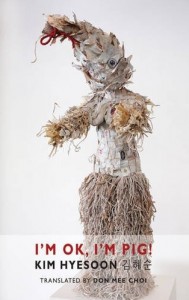
When I heard Don Mee Choi read from this terrific translation at AWP this year, I was blown away. A prominent South Korean feminist poet, Kim Hyesoon sets surrealism on fire, until it becomes as menacing as the various kinds of violence that inform her work.
The Albertine Workout by Anne Carson
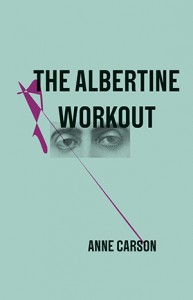
Before she visited my class, Anne Carson asked us to come up with an exercise routine for someone who is always asleep. Then she read this brilliant series of 59 paragraphs on/for Albertine, the principal love interest in Á la recherche du temps perdu, who begins – through Carson as medium – to stare back from the dream in which Proust confined her.
***
Brent Armendinger is the author of The Ghost in Us Was Multiplying, a book of poems forthcoming from Noemi Press. He has also published two chapbooks, Archipelago and Undetectable, and his work has appeared in many journals, including Aufgabe, Bateau, Bloom, Bombay Gin, Colorado Review, Denver Quarterly, Hayden’s Ferry Review, LIT, Puerto del Sol, RECAPS Magazine, Volt, and Web Conjunctions. In 2013, Armendinger was a resident at the Headlands Center for the Arts. He teaches creative writing at Pitzer College and lives in Los Angeles.
June 4th, 2014 / 10:00 am
